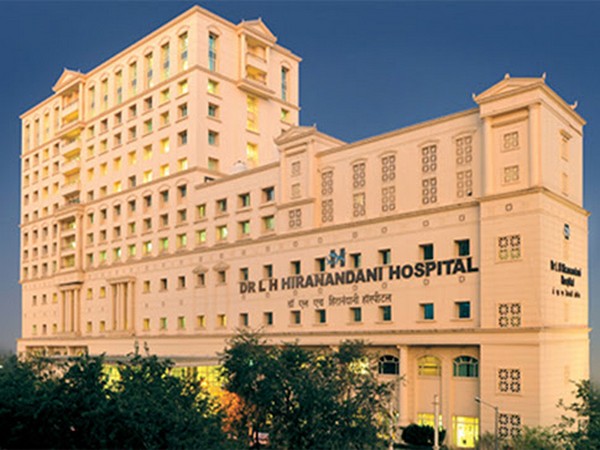
People who have kidney disease or other serious medical diseases are at a higher risk of developing more chronic diseases. Anti-rejection medications are required for those who have had a kidney transplant. These medications function by reducing the activity of the immune system, making it more difficult to fight infections. It is critical to continue taking these medications and following safety guidelines such as washing hands, maintaining excellent hygiene, and adhering to the doctor’s advice.
Dialysis patients may have weakened immune systems, making it more difficult to fight infections. It’s vital to remember that renal patients must continue with their regular dialysis treatments and take the essential precautions as advised by their doctor. Hiranandani Hospital, kidney specialist team suggests that patients who have recovered from an AKI or ARF should see a renal doctor frequently since their risk of developing chronic kidney disease is higher than others. Patients with COVID-19 who did not develop AKI but had blood and/or protein in their urine should be carefully scrutinized since they are at a higher risk of developing chronic or end-stage renal disease.
A significant number of individuals with COVID-19, especially those with severe COVID-19 may develop acute renal injury so it is crucial to maintain a healthy kidney diet. Kidney tube injury (acute tubular necrosis) with septic shock, micro inflammation, increased blood clotting, and even direct infection of the kidney are all considered to be COVID-19-related consequences that lead to AKI. AKI occurs when the kidneys have been damaged to the point where they can no longer filter the blood correctly. Waste products build up in the blood, making it difficult for the kidneys to function and maintain the balance of body fluids.
Dr. Sujit Chatterjee, CEO of Dr. L.H Hiranandani Hospital marked that after recovering from COVID-19, the majority of patients continue to have low kidney function after being discharged from the hospital. Apart from this, it is important to remember to take your anti-rejection medications, maintain proper hygiene, and follow your healthcare team’s advice if you’ve had a kidney transplant. In case of any questions or concerns, please contact your respective doctor.
Hiranandani Hospital, Powai seeks Covid patients at priority. The safety measures are taken best care at the hospital as patients must take precautions to keep themselves safe and limit the risk of contracting COVID-19. Doctors suggest keeping the hands away from your eyes, mouth, and nose. Always remember to wash your hands frequently, and if there aren’t any, use hand sanitizer.

